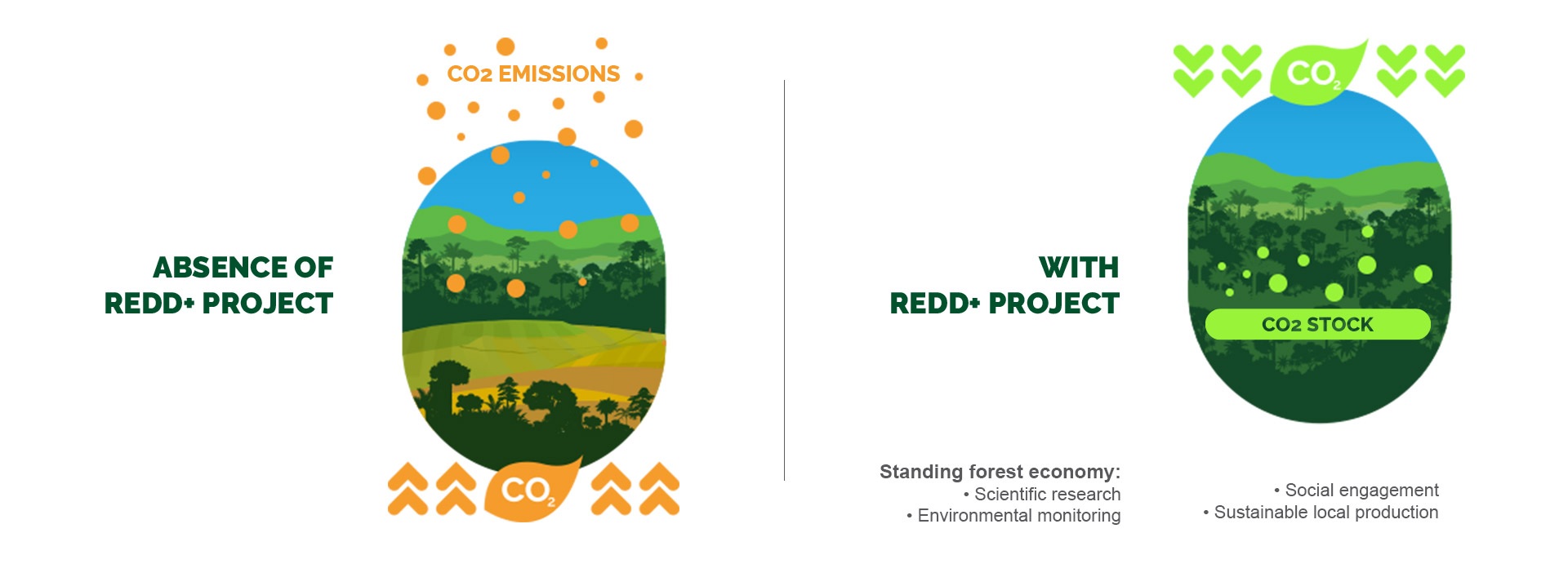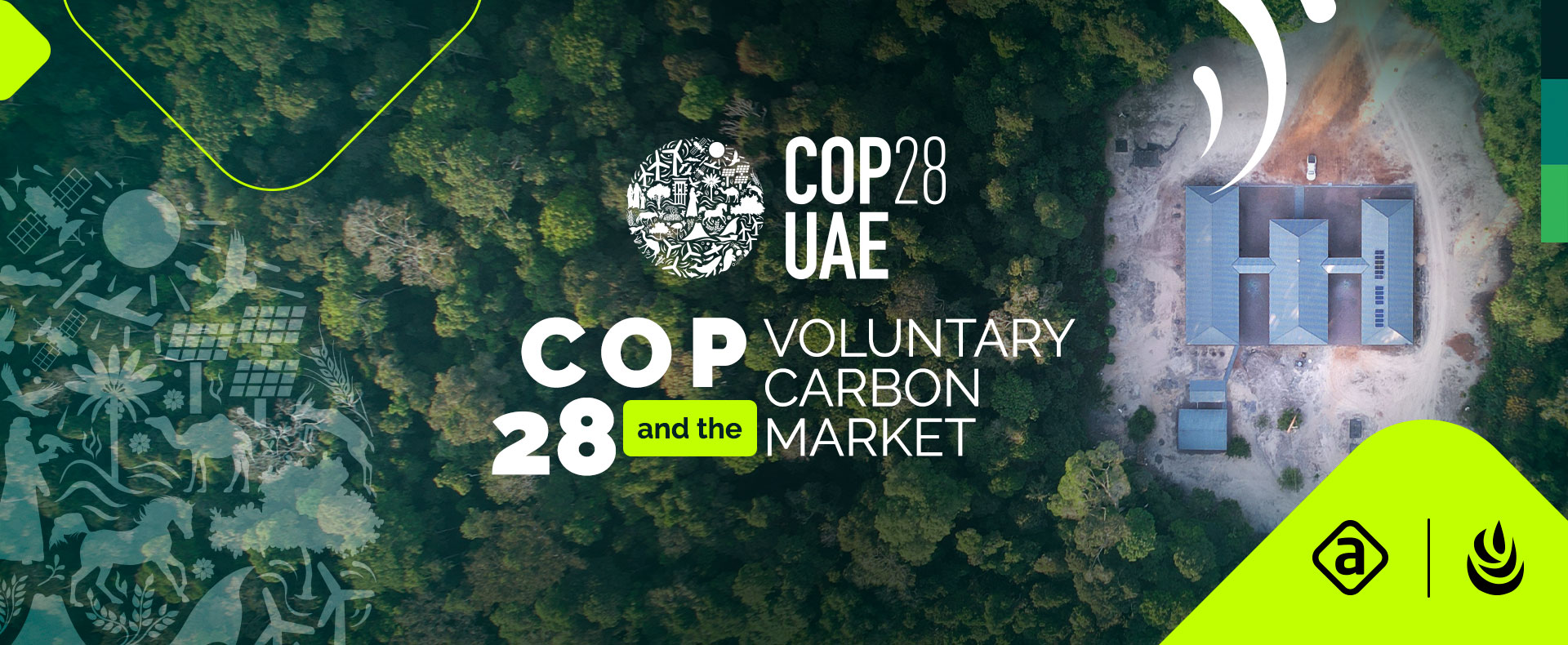
At COP28 in Dubai, the main entities and stakeholders of the voluntary Carbon Market (VCM) have joined forces to improve integrity, trust and scale, reflecting a very positive perspective regarding the future of this climate financing mechanism.
On the supply side, it has been announced that several stardards are going to work together in order to adhere their methodologies to the Core Carbon Principles (CCPs), a set of parameters defined by the Integrity Council for the Voluntary Carbon Market – ICVCM to qualify carbon credits as of high quality and integrity.
On the other hand, some of the most important entities alongside the demand for carbon credits like Science Based Targets Iniciative – SBTi, the Voluntary Carbon Markets Iniciative – VCMI, GHG Protocol and We Mean Business Coalition came together to develop an end-to-end, science based integration in the decarbonization guidance that will help companies to decarbonize their production processes and use carbon credits to offset their residual emissions.
The urgency of climate action is evident and VCM is one of the most cost-effective tools to accelerate global decarbonization. Below we present you a summary of the main announcements at this COP:
VCMI, SBTi, ICVCM, WMB and GHG Protocol come together to promote VCM as climate action tool
In a historic announcement and with the support of the COP28 board, the Science Based Targets Initiative – SBTi, the Voluntary Carbon Markets Initiative – VCMI, the Integrity Council for the Voluntary Market – ICVCM, GHG Protocol and the We Mean Business Coalition – WMB informed that they will join forces to establish an integrity guidance that provides scientifically based methodologies for the decarbonization of production processes and the use of voluntary carbon credits to offset residual carbon emissions.
World’s biggest stardards announce colaboration to increase the positive impact of Carbon Markets
Verra, American Carbon Registry – ACR, Architecture for REDD+ Transactions – ART, Climate Action Reserve, Global Carbon Council and Gold Standard announced that they will work together to create common principles related to the quantification, verification and permanence of reductions and removals of carbon emissions in their respective methodologies. The partnership aims to ensure that the methodologies of each of these certifiers adhere to the Core Carbon Principles – CCPs – a set of parameters developed by the Integrity Council for the Voluntary Carbon Market – ICVMC, to identify high-integrity voluntary carbon credits.
CFTC issues proposed guidance regarding the listing of Voluntary Carbon Credit Derivative Contracts
The Commodity Futures Trading Commission – CFTC has approved a proposed guidance and request for public comment regarding the listing for trading of voluntary carbon credit derivative contracts. The proposal outlines certain factors a CFTC-regulated exchange, or designated contract market, should consider when addressing requirements of the Commodity Exchange Act (CEA) and CFTC regulations that are relevant to the contract design and listing process.
European Commission President speeches about VMC’s importance
The president of the European Commission, Ursula von der Leyen, spoke about the urgency of developing new carbon markets that adhere to the Paris Agreement, with the aim of combating climate change. In her speech, she highlighted the need for the world to advance in three objectives: helping more and more countries to create their own regulated carbon markets and that these markets really have the ambition to promote the reduction of emissions and. Furthermore, the importance of encouraging private capital to finance the voluntary carbon market, with a view to enabling the continuity of projects that protect biodiversity.
World Bank Carbon Credits to Boost International Carbon Markets
World Bank Engagement Road map for High-Integrity Carbon Markets seeks to expand transparent and inclusive carbon markets that will help developing countries in Africa, Latin America and Southeast Asia to protect their forests.
Iosco proposes suite of good practices for VCM
The International Organization of Securities Commissions – Iosco, requested public comment regarding a manual of good practices to promote the integrity of the VCM. The document seeks to provide legal support to jurisdictions that have established or may be seeking to establish national regulations for their respective voluntary carbon markets.
UN Climate Change Executive Secretary speech at voluntary carbon market roundtable
UNFCCC Executive Secretary Simon Stiell stated that there is an urgent need for countries to accelerate efforts to combat climate change and decarbonize their economies. In this sense, carbon markets are one of the viable tools that can be implemented now and at scale. To achieve this, it is necessary to strengthen the credibility, integrity and transparency of voluntary credits.
Climate Impact X launches new trusted carbon credits contracts
Climate Impact X, a global marketplace for trusted carbon credits announced that it is going to launch a suite of new trading venues in order to negociate carbon credits contracts adherent to the Core Carbon Principles (CCPs).
United States and Partners Announce Energy Transition Accelerator Framework
The U.S. Department of State, the Bezos Earth Fund, and The Rockefeller Foundation presented the core framework of the Energy Transition Accelerator (ETA), an innovative carbon finance platform aimed at catalyzing private capital to support ambitious just energy transition strategies in developing and emerging economies.
UNDP launches plan to boost integrity in carbon markets and increase access to finance schemes
The United Nations Development Programme (UNDP) today launched a new initiative at COP28 to support developing countries’ access to carbon markets, mitigate social and environmental risks and promote accurate carbon accounting.
Brazilian Development Bank announces new program to restore the Amazon Forrest
The National Bank for Economic and Social Development (BNDES) announced the Arco da Restauração Program, which aims to invest more than US$ 200 million in the restoration and reforestation of 60 thousand square kilometers of the Amazon Forest by 2030.
Seven UE countries propose framework to prevent greenwashing and boost integrity in voluntary carbon markets
The Netherlands, Germany, France, Spain, Finland, Belgium and Austria proposed a framework aiming at preventing greenwashing complaints against companies. Among the proposals, is the recognition of the use of carbon credits for companies’ climate action.
Institute for Global Environmental Strategies works to advance engagement in international carbon markets
The Global Institute for Environmental Strategies (IGES), through the Partnership for the Implementation of Article 6 of the Paris Agreement, announced that it will partner with the International Emissions Trading Association (IETA), aiming to implement and enhance the market mechanisms stipulated in Article 6 of the Paris Agreement.



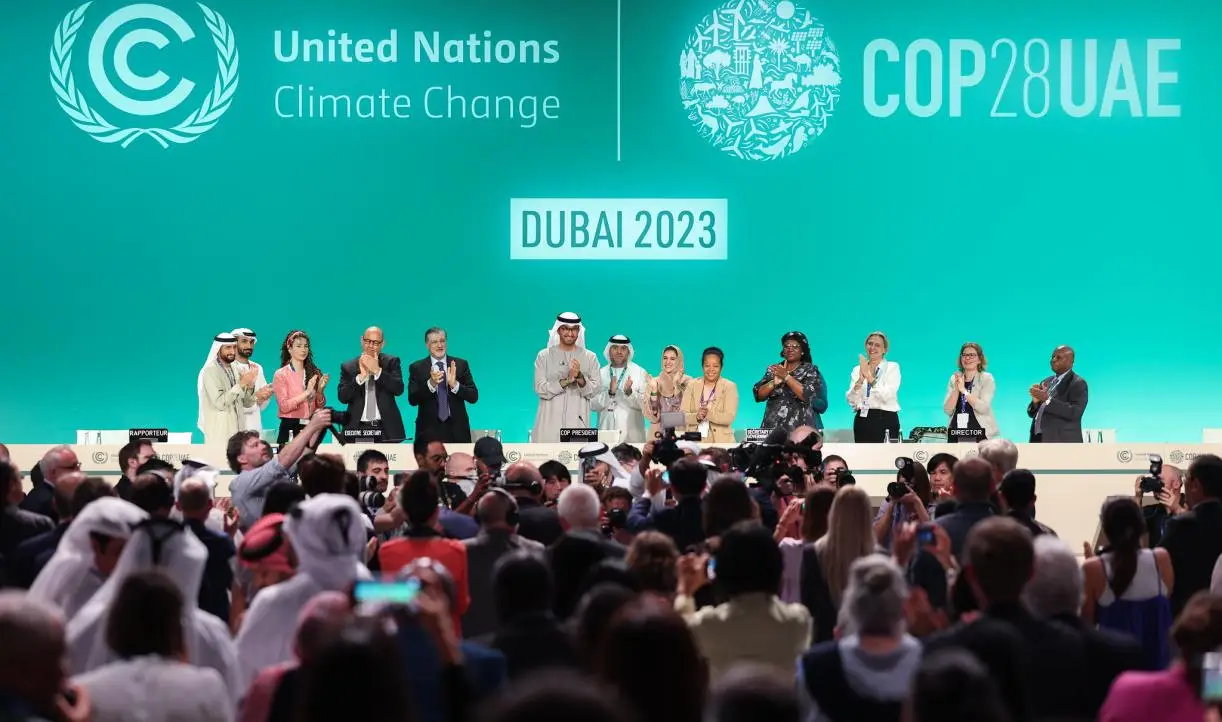
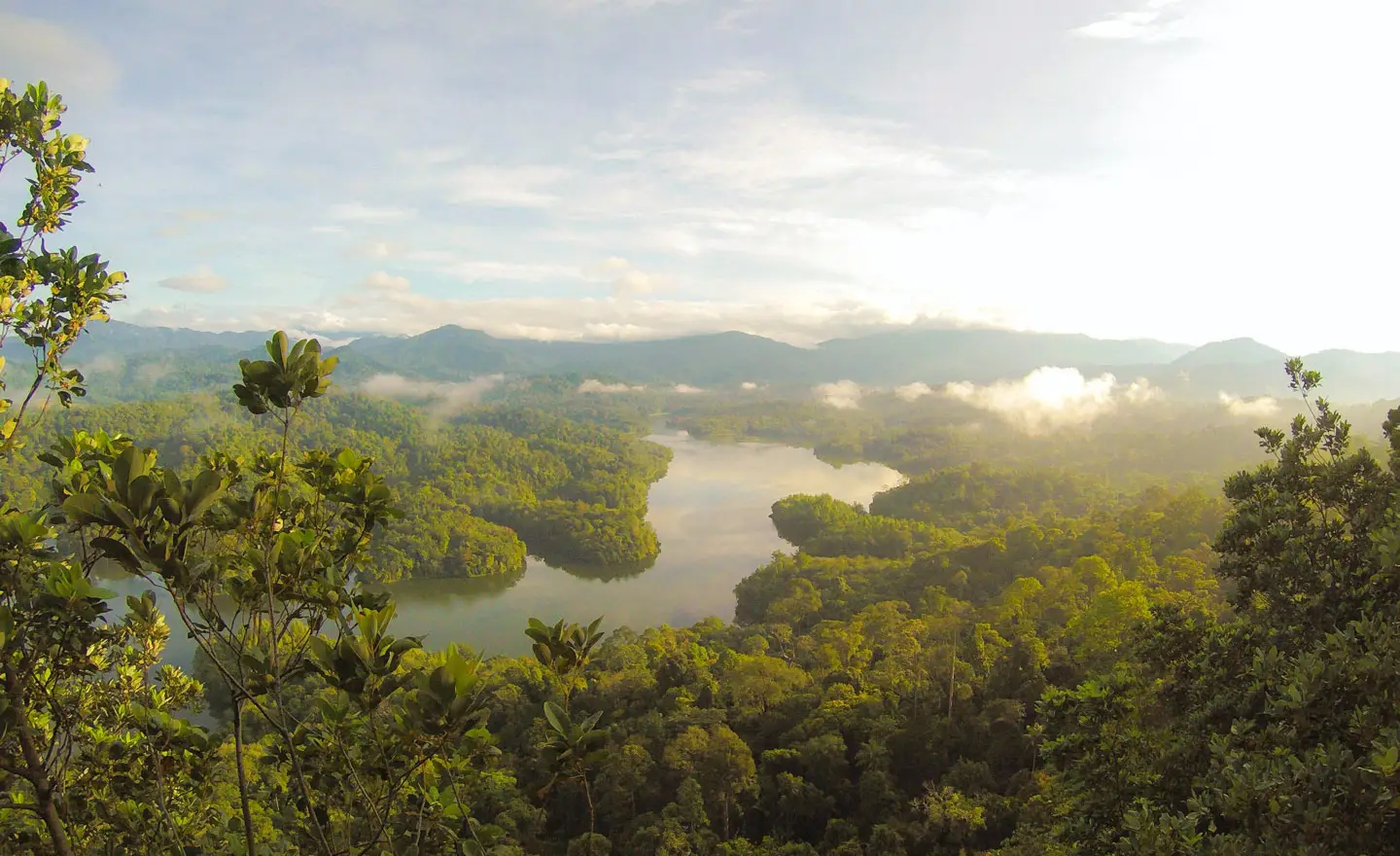




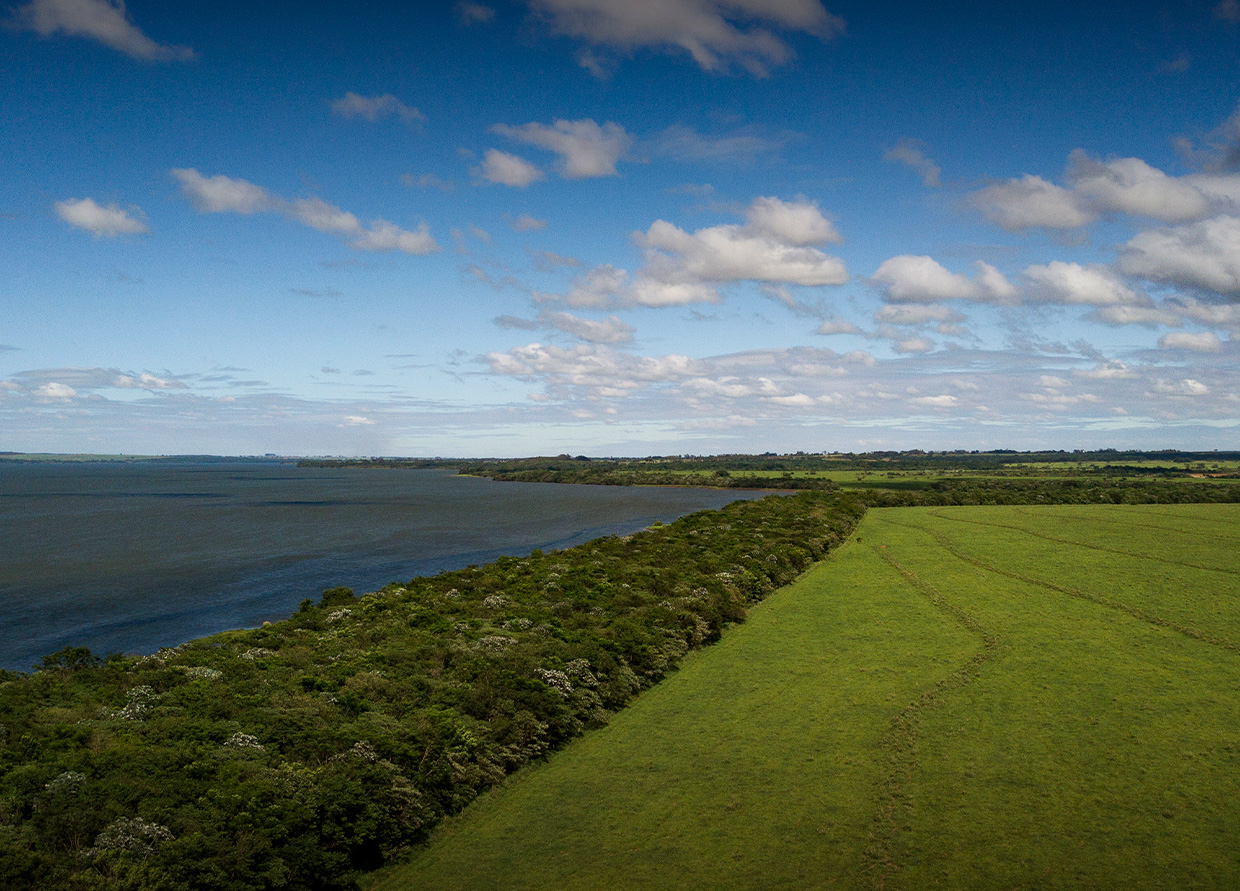
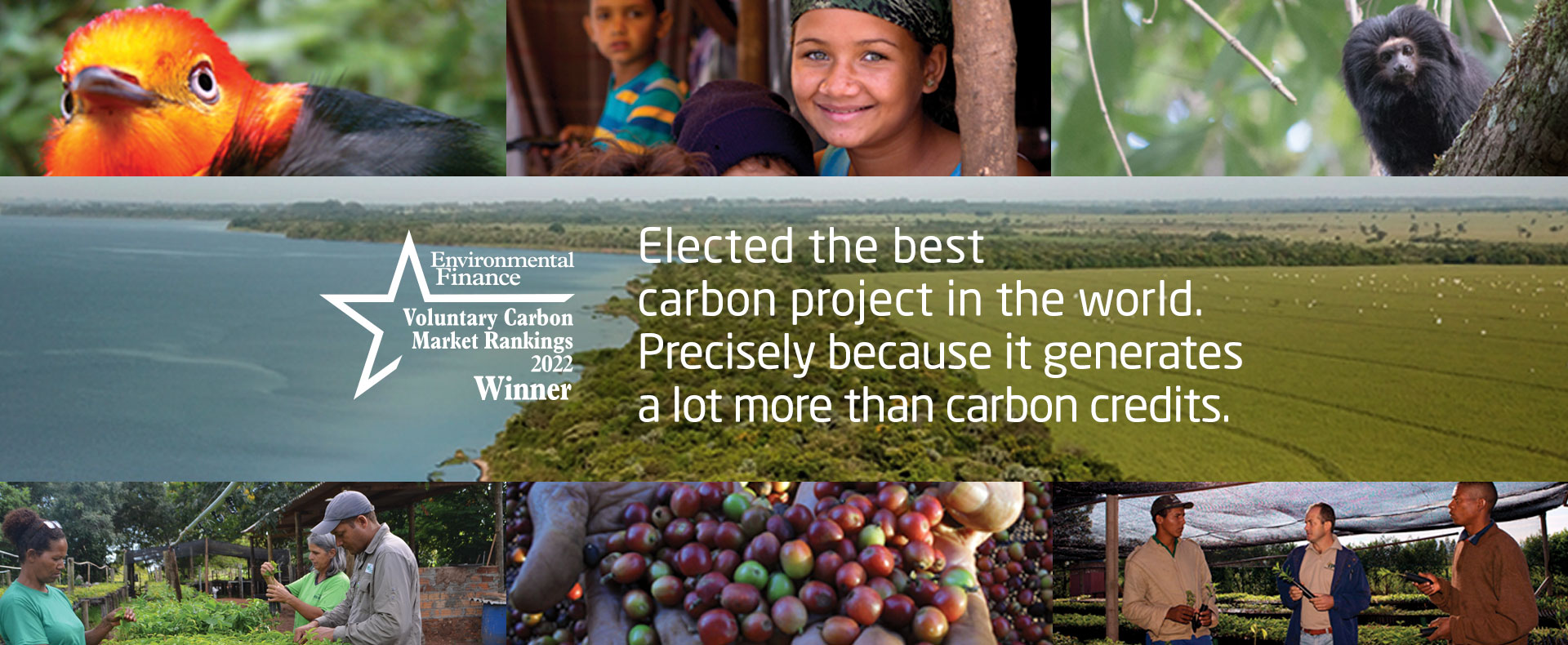

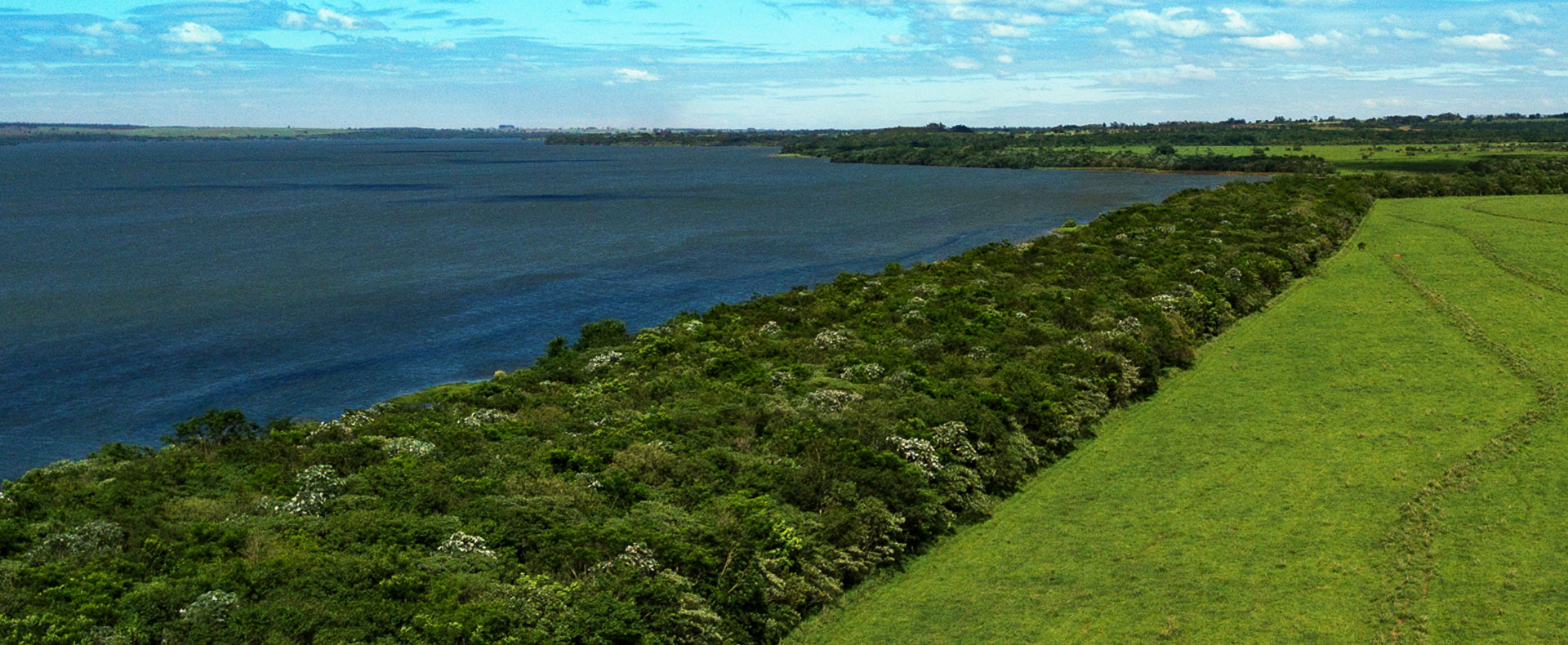
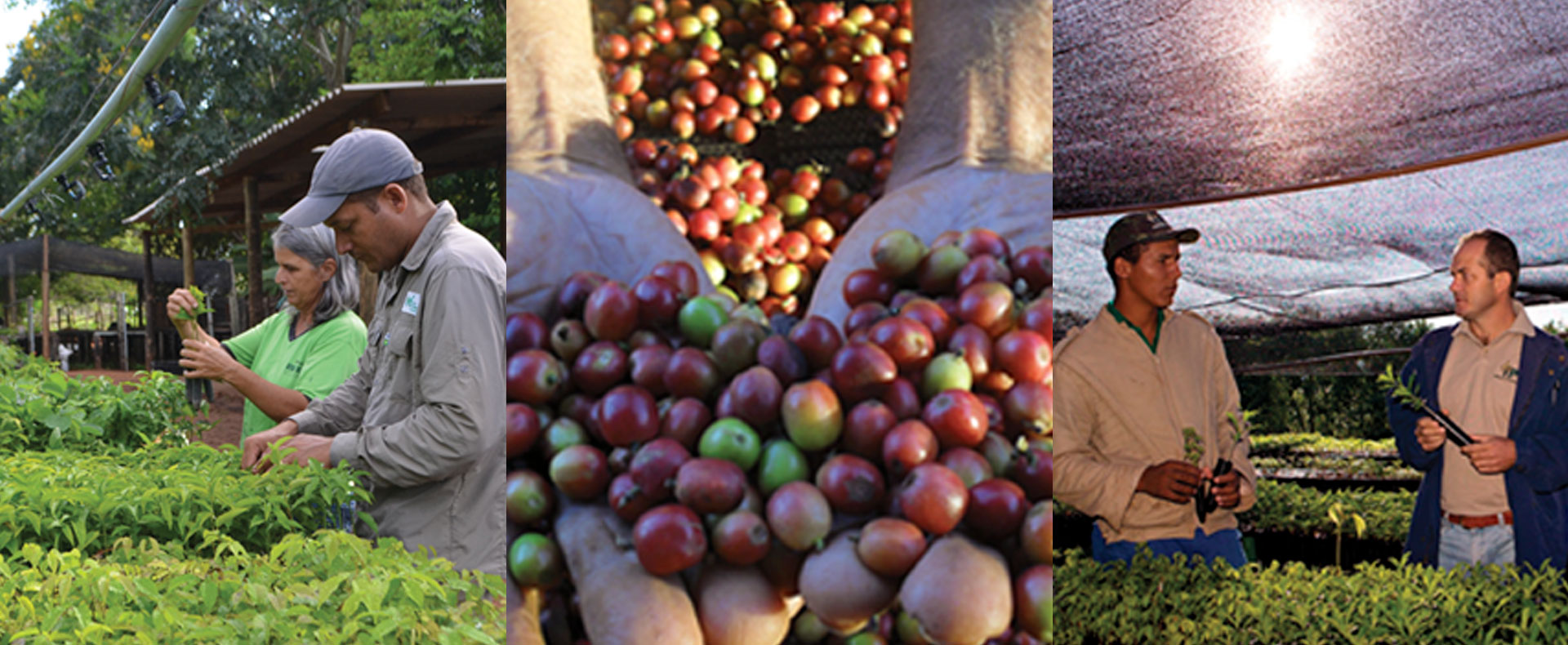
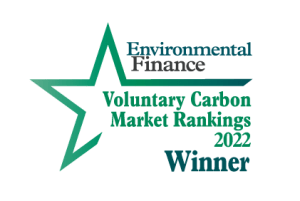
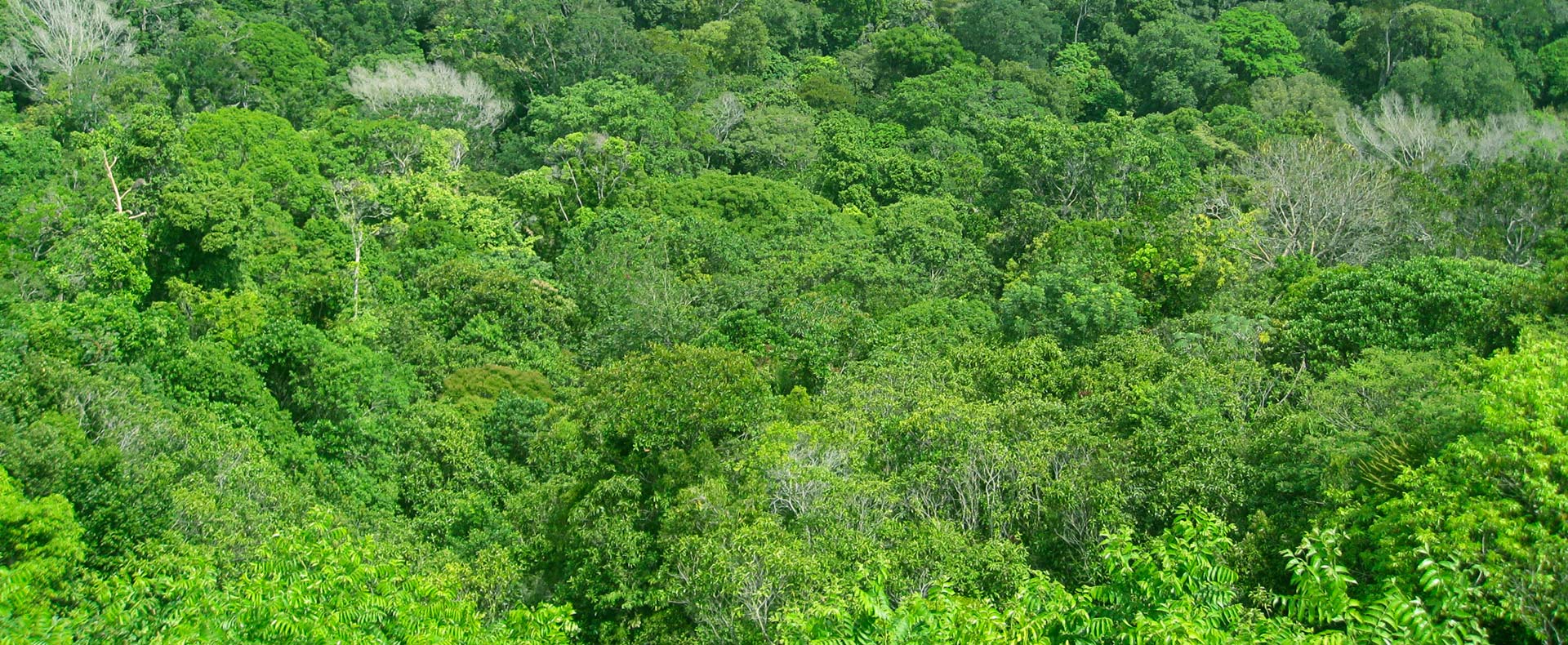
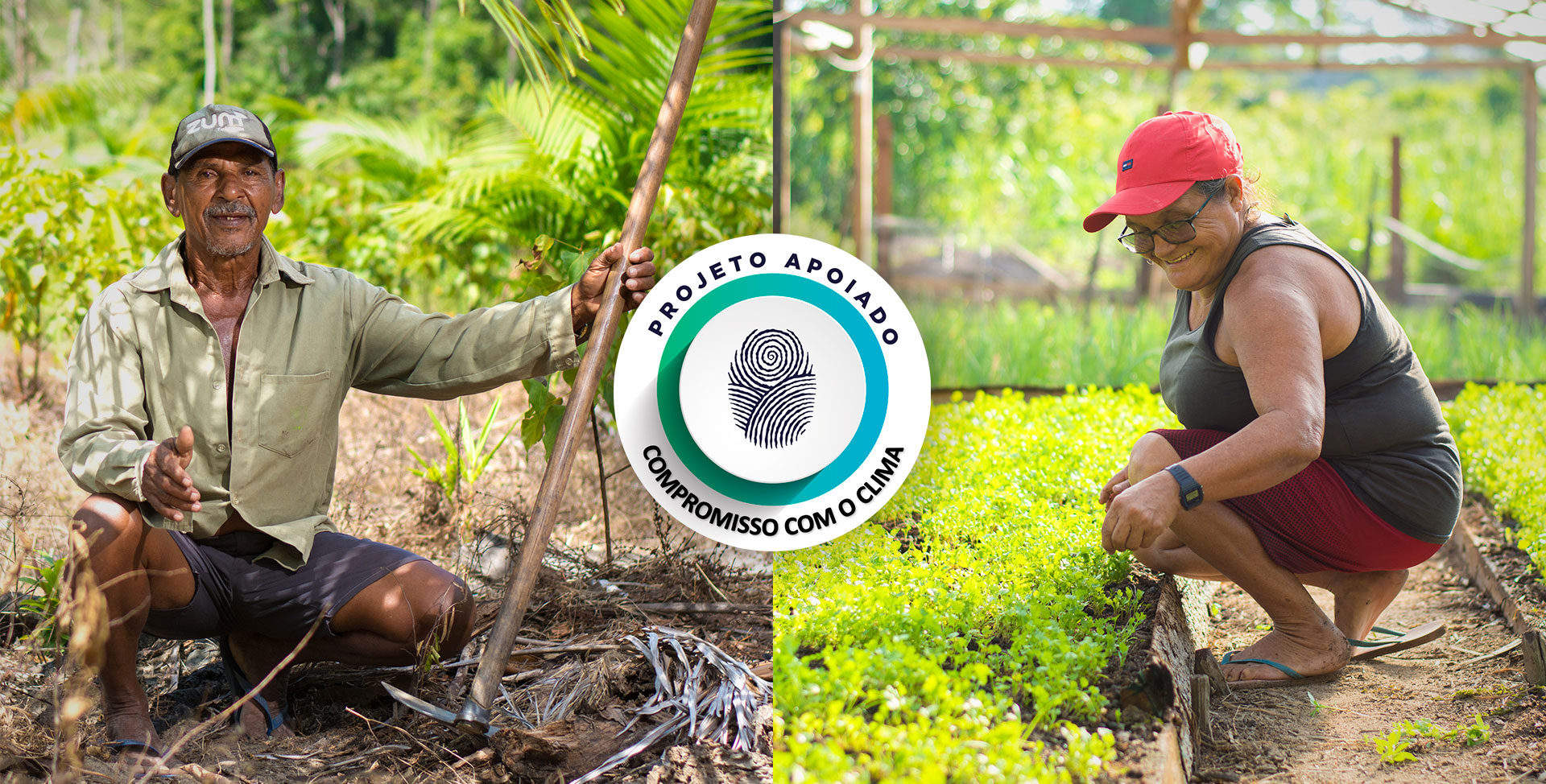
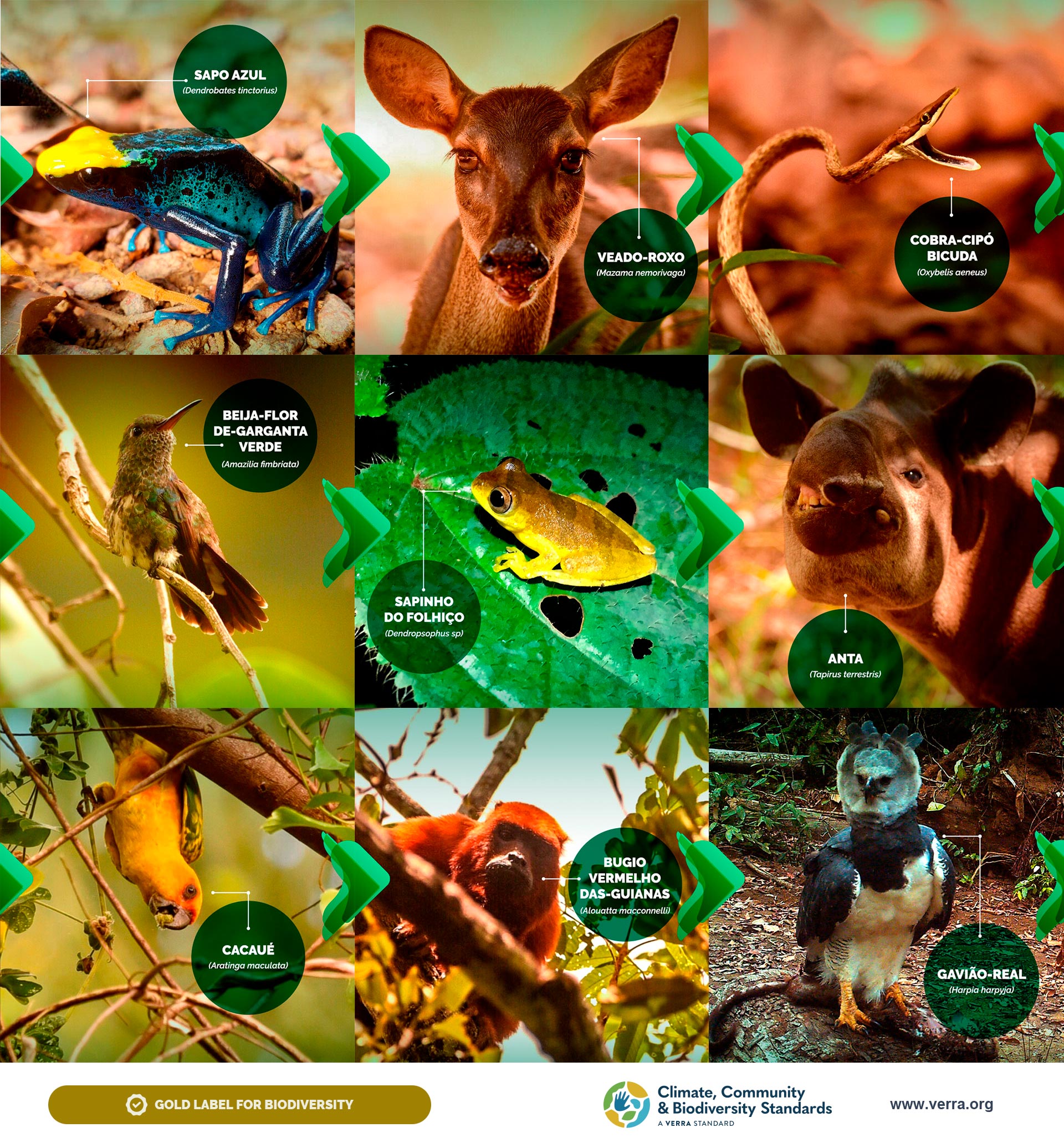


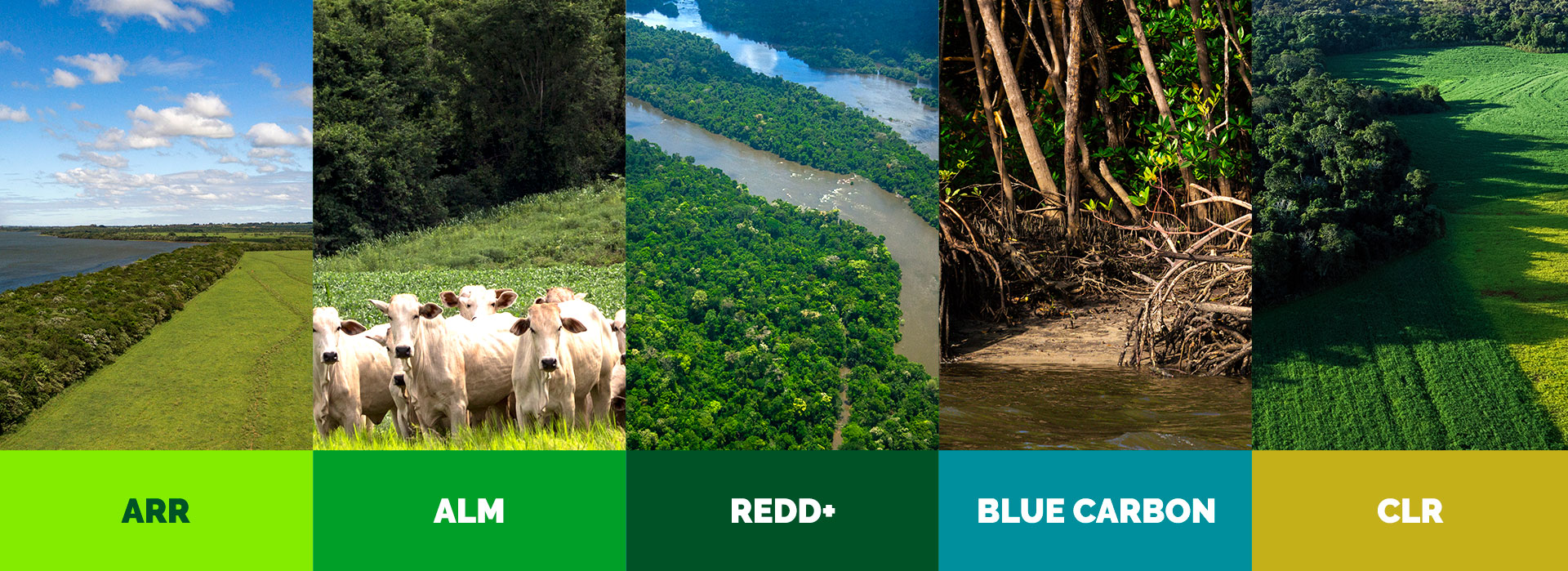


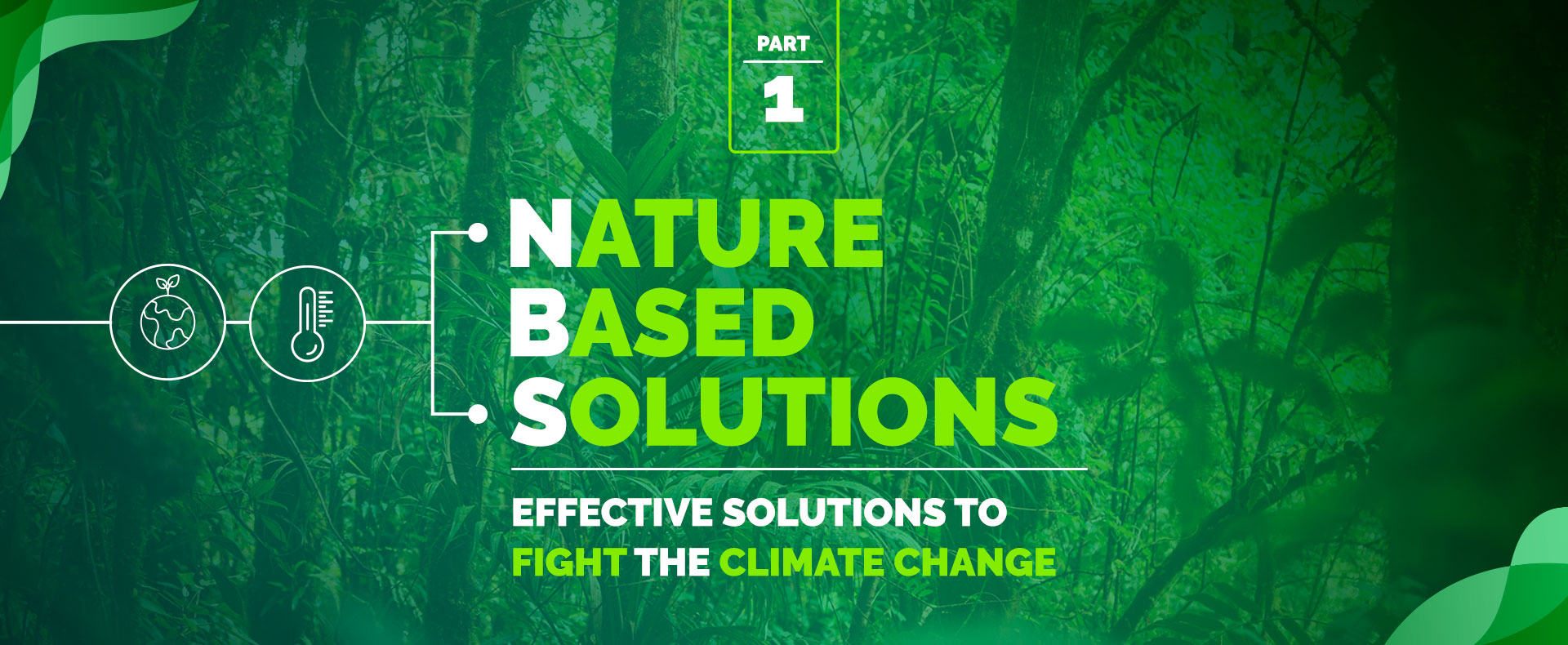
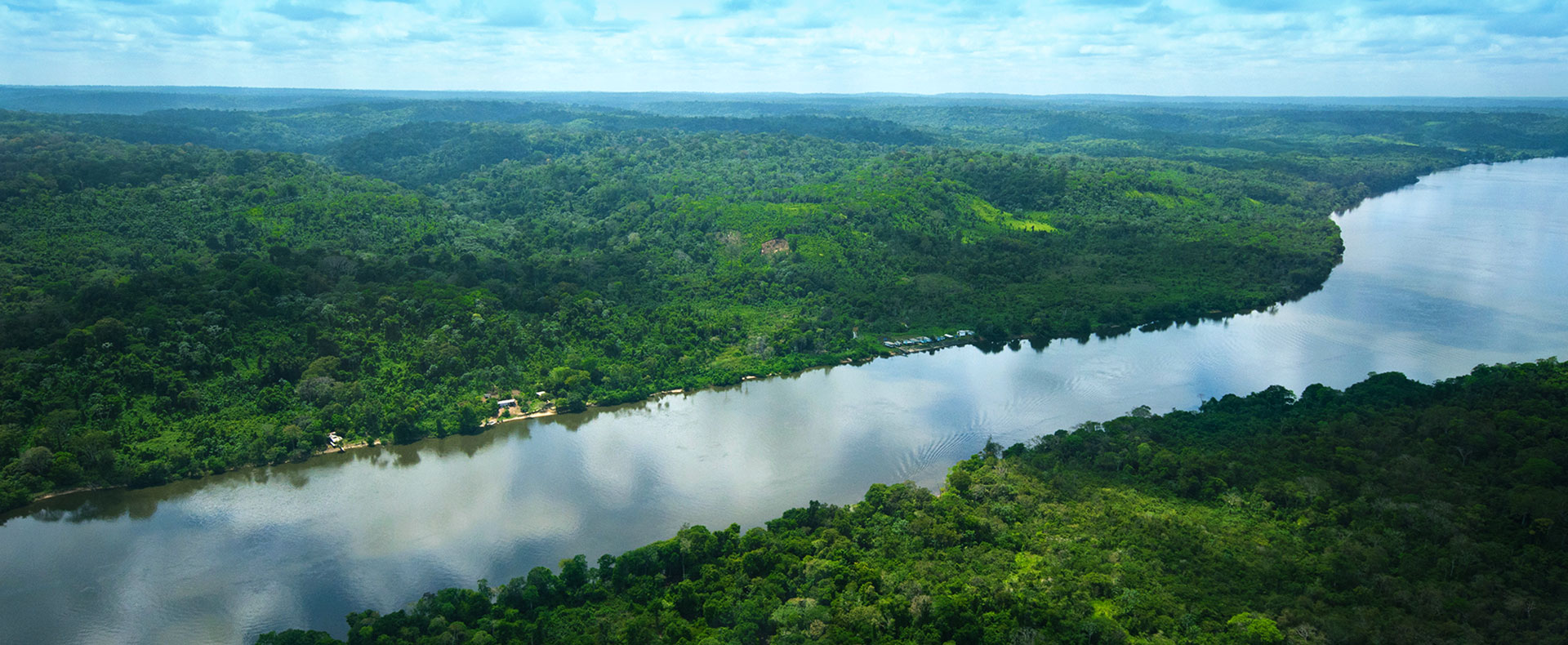
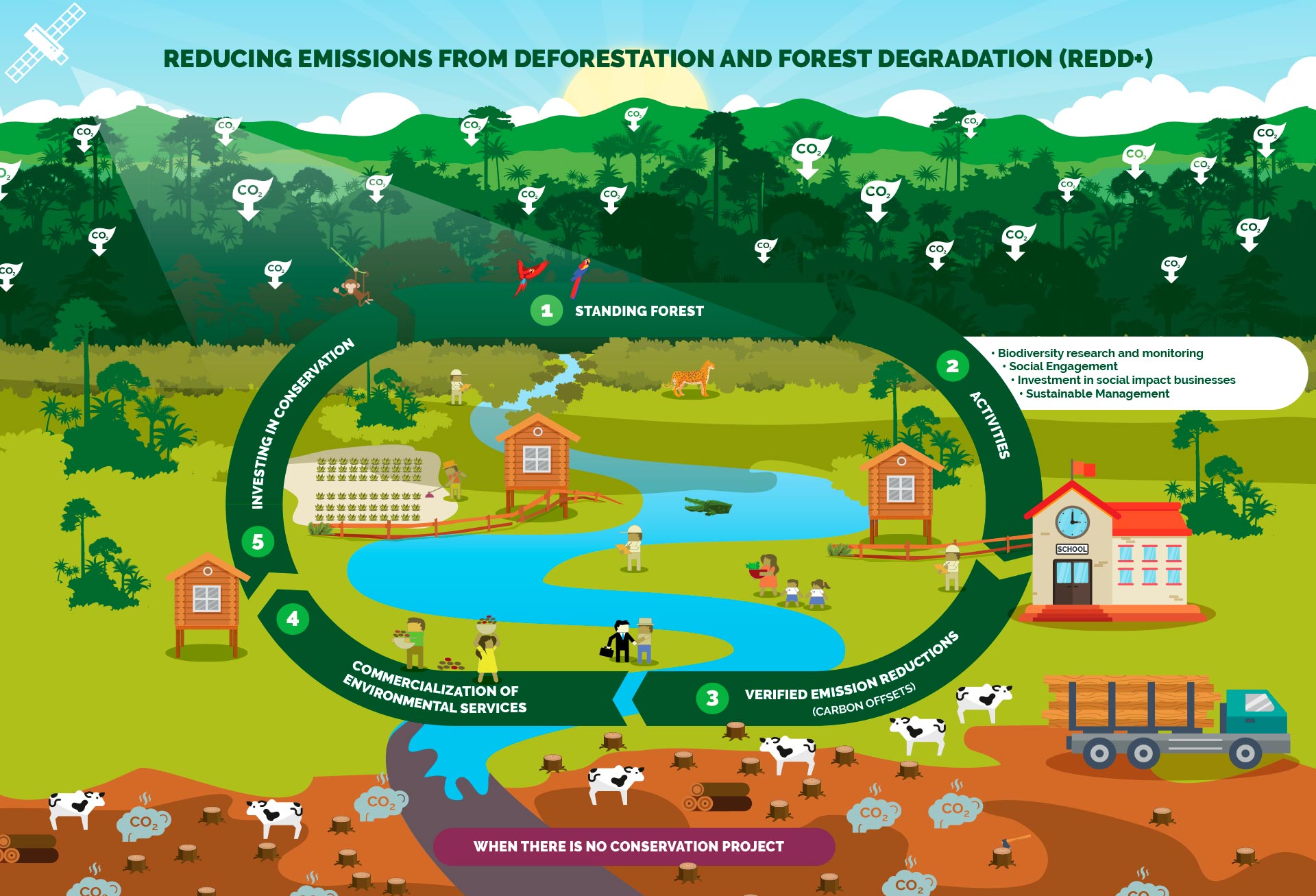

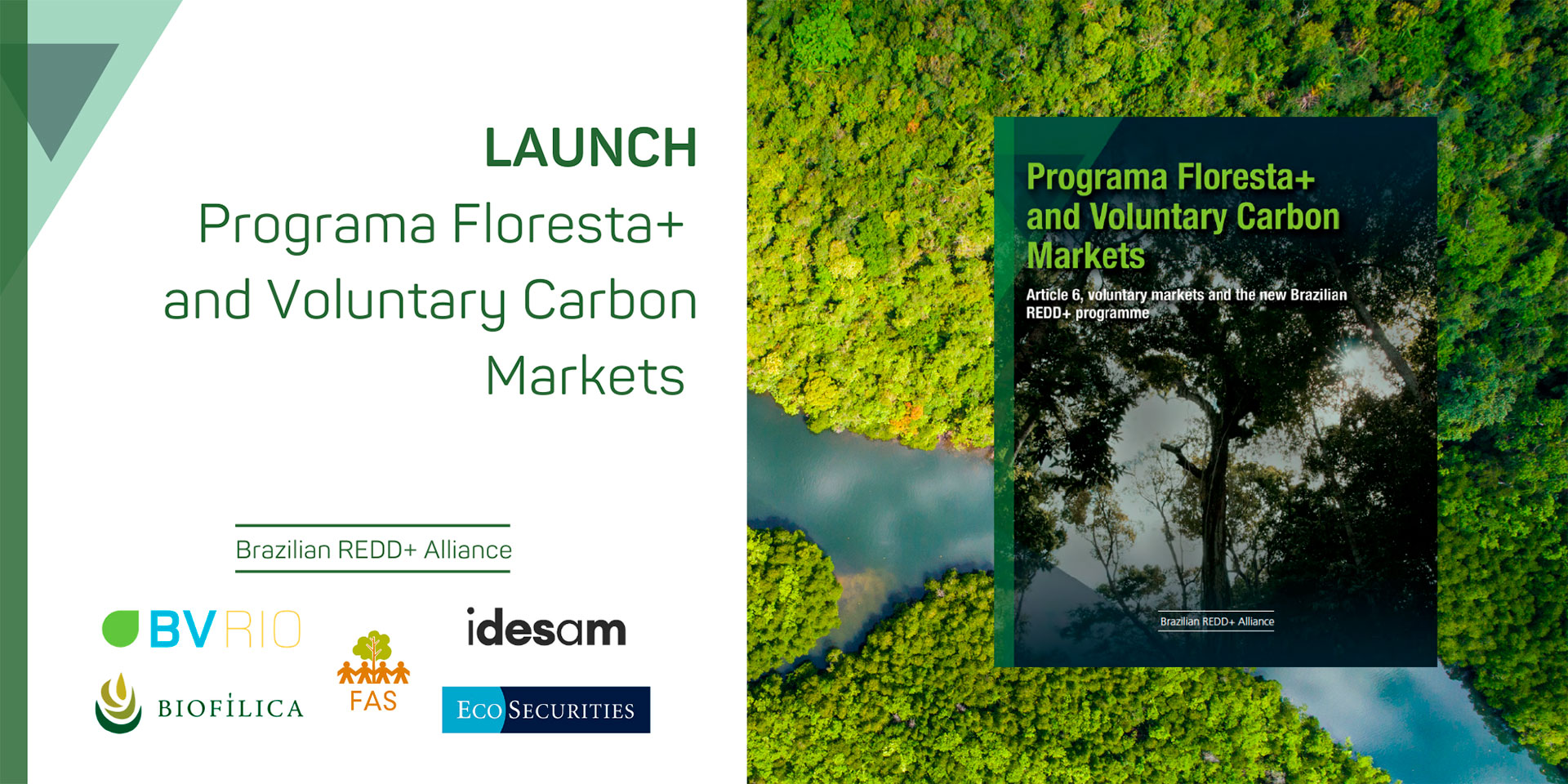
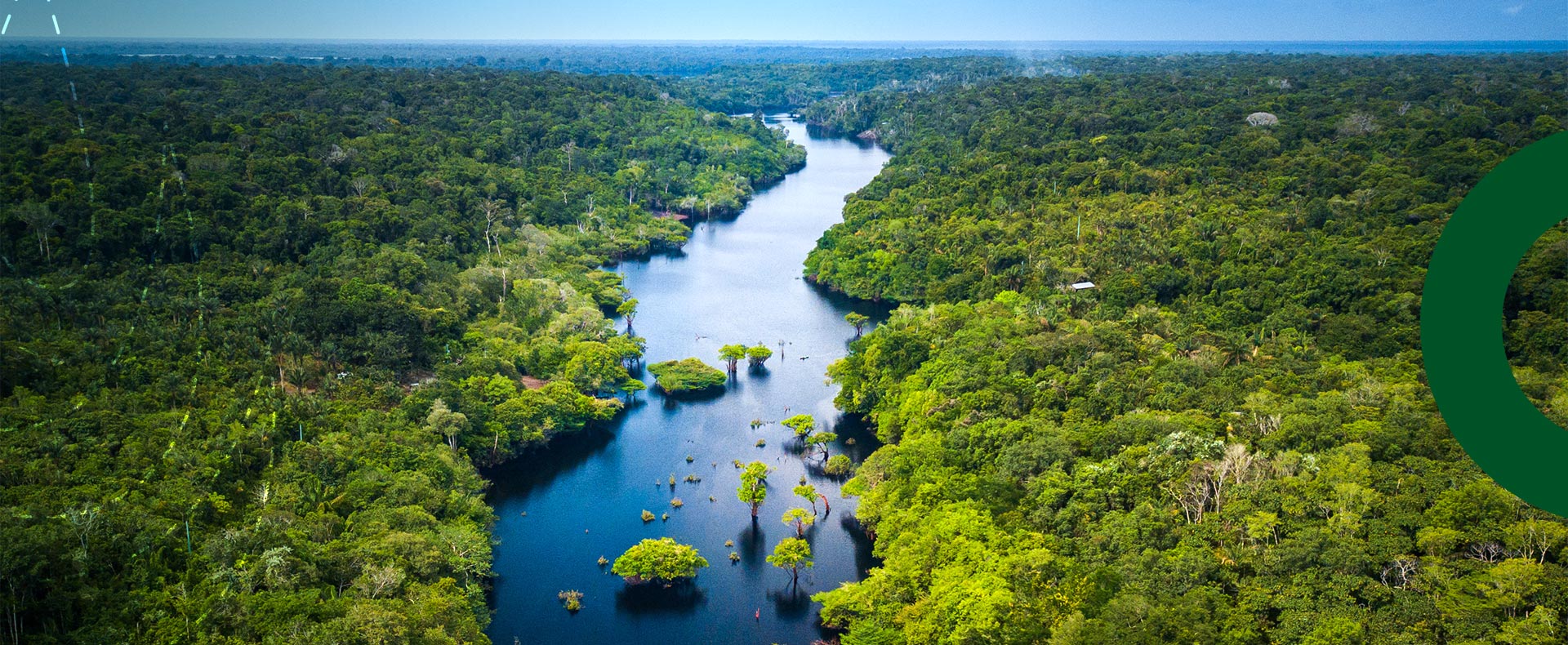
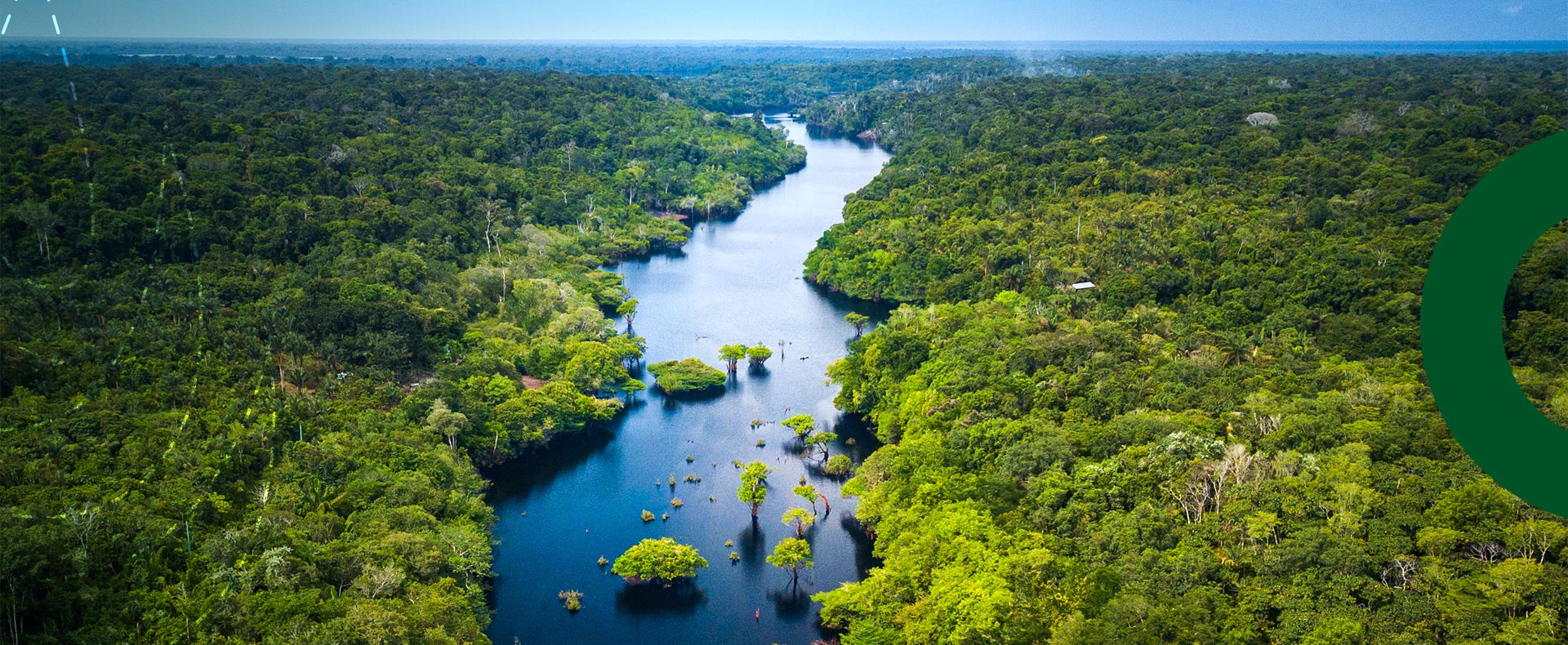
 Sources:
Sources:
